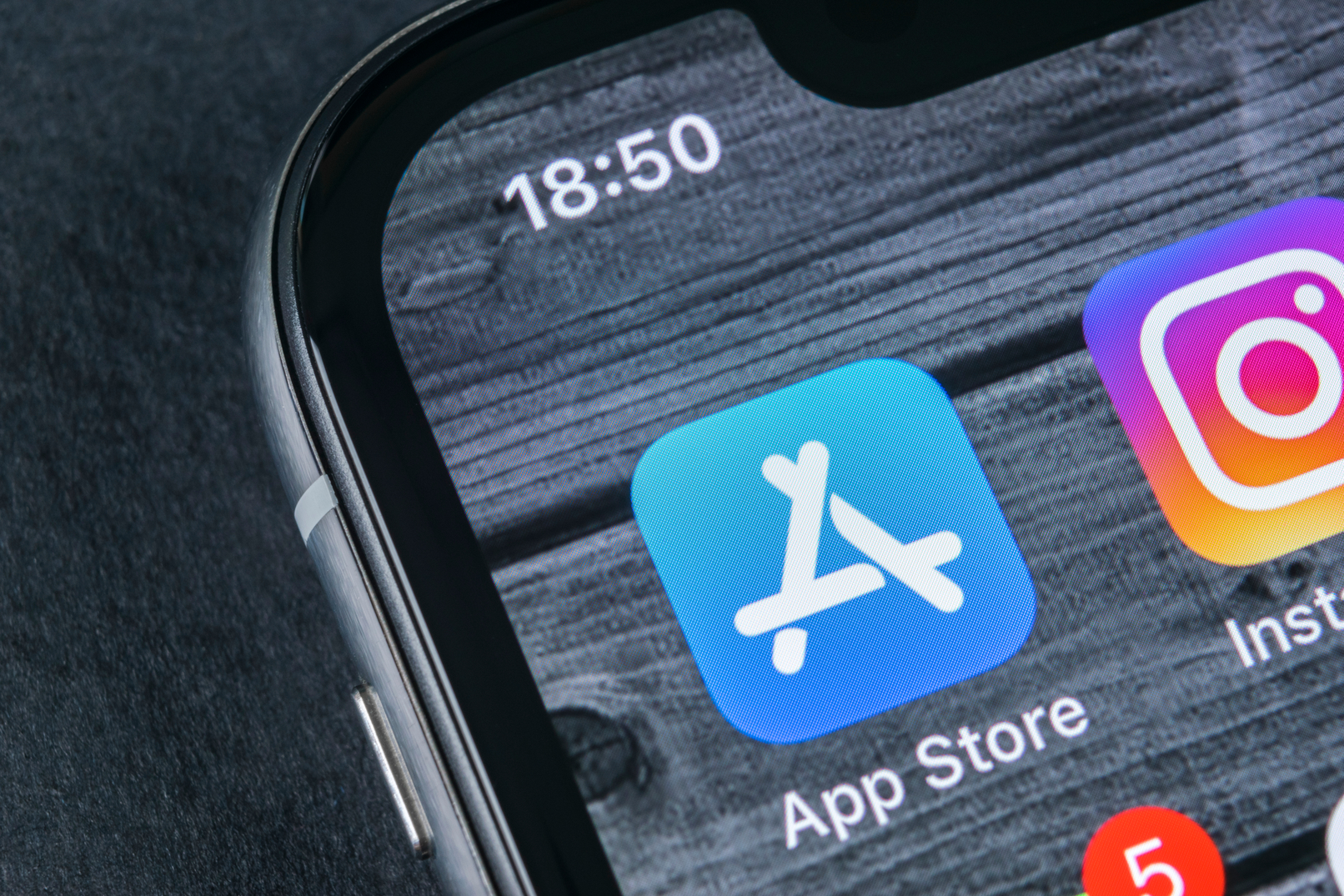A Texas company alleges that Apple infringed patents that cover a method of creating a digital signature and storing it for user authentication in unlocking an electronic device.
Articles Tagged with iPhone
The judge found that Apple met the relevant standards according to FCC tests, and considering alternative tests would undermine efficiency and uniformity.
On Monday, May 13, 2019, the United States Supreme Court granted certiorari in Apple, Inc. v. Pepper, 587 U.S. __ (2019). Four iPhone users sued Apple, Inc., alleging that the company monopolized the app market, which resulted in higher-than-competitive prices for apps. Apple argued that the consumer-plaintiffs were barred from suing Apple since the consumer-plaintiffs were not "direct purchasers" from Apple, as defined in Illinois Brick Co. v. Illinois, 431 U.S. 720, 745-746 (1977). The District Court agreed with Apple, while the Ninth Circuit Court of Appeals reversed and concluded that the consumer-plaintiffs were direct purchasers because they purchased the apps directly from Apple.



